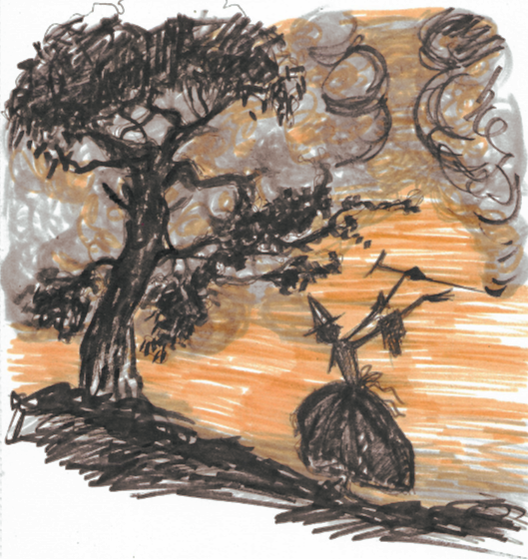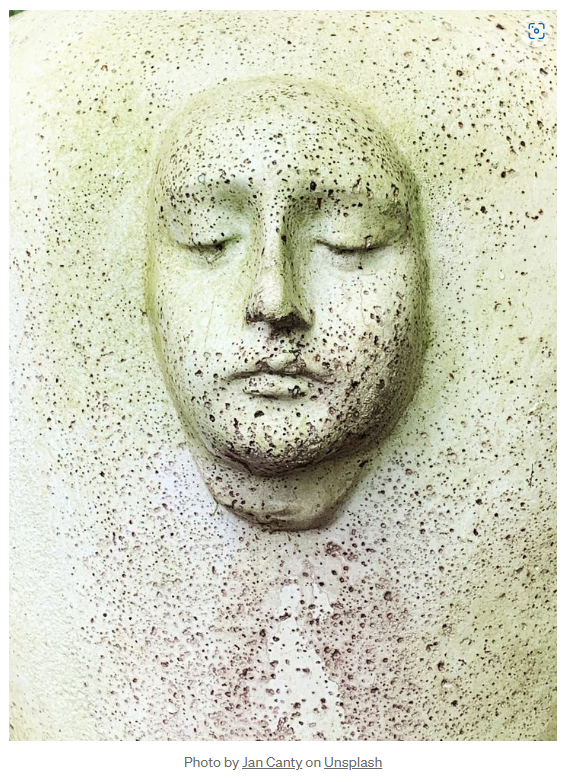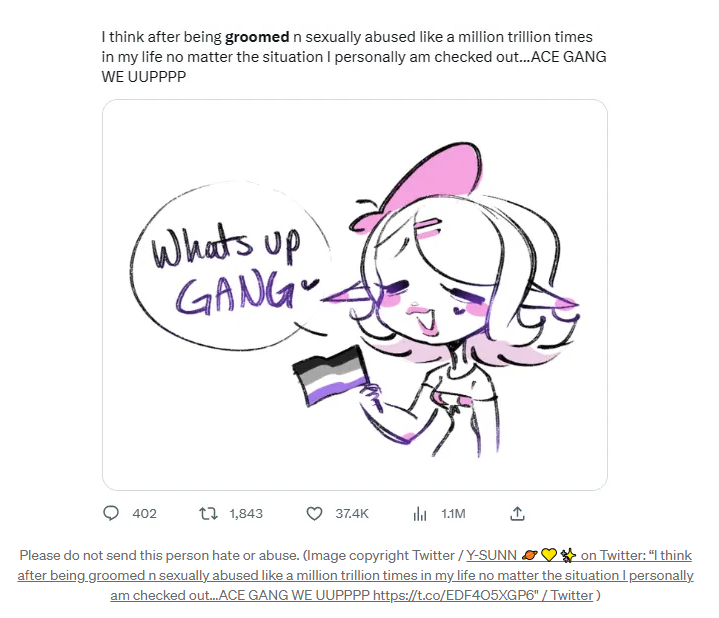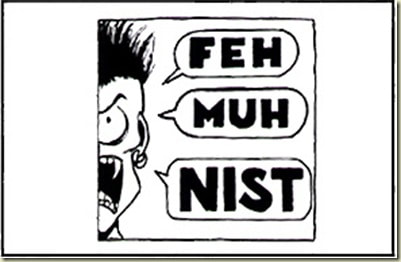|
I was on Twitter again (I know, I know) and geez it’s like that app is built to help people let their trauma go untreated. The whole thing is a toxic social stew disguised as community-building. I have never- NEVER- come away from a Twitter scroll feeling any sort of positive emotion. My latest despair-trigger was a recent viral tweet about someone coming out as ace. For those who don’t know what “ace” means, ace- or asexual- people are people who don’t experience sexual feelings. We all feel like that sometimes, but there is a difference between being ace and just going through periods where you don’t feel like having sex. Sometimes people are healthy and just naturally have a lower sex drive. There has been some anecdotal evidence showing asexual people to be over-represented among people on the ASD spectrum but no real studies have been done to corroborate that observation. People have started considering asexuality as a sexual orientation. This makes sense if people are careful to differentiate between a lack of sexuality being a baseline for a person’s mental state (asexual) and a sudden lack of sexual feelings as indicative of a larger mental health problem (NOT asexual). For example, women in my family tend to have low blood pressure. My pressure runs about 98/50. That’s low for most people but for me it’s normal. When one doctor I visited at an urgent care said I had a blood pressure of 120/75 and said reassuringly “Don’t worry, that’s normal,” I said “Nope! For me, that’s hypertensive.” I ended up cutting down on coffee. My pressure has gone back to the high nineties. Likewise, if a person with chronic hypertension suddenly has her pressure drop from 140/80 to 98/50, that’s a problem! She needs medical interventions stat! The same goes with asexuality. If you’ve never really had a lot of sexual feelings as part of your life experience, fine. That’s your baseline. If you suddenly experience a loss of sexual feelings as a byproduct of stress, trauma, depression, drug addiction, etc…. that is a problem. Asexuality is not a normal baseline in that situation but a symptom of a larger imbalance in your life. I cannot stress this enough: a trauma response is not a sexual orientation.
The idea that any sexual orientation that is different from heterosexuality is a trauma response to past sexual abuse is an ugly stereotype. 20th century mental health charlatans would say gay teens were gay because the teens had been sexually abused in the past or lacked father figures. These unverified conclusions formed the backbone of “conversion therapy.” As James Guay, a gay man who was forced to undergo conversion therapy as a teen, describes: For a year, I attended weekly individual therapy sessions where I was encouraged to blame my distant relationship with my father and over-involved relationship with my mother for my same-sex desires. I was also guided to “remember” an original wounding — in particular, sexual or physical abuse — that I had not experienced. The main cures were to build “healthy same-sex non-sexual friendships,” become more “masculine” and date girls. Again, a true sexual orientation is not formed through past trauma. Your sexual orientation is a baseline to your personality whether you have been abused in the past or not. There is nothing wrong with being ace. There is nothing wrong with being celibate or just stepping back from relationships until you’re ready. There’s nothing wrong with realizing that you may just be happier being single. But please, I beg of you, please learn to separate your sexual trauma responses from a valid sexual orientation. And stay the heck off Twitter!
0 Comments
Leave a Reply. |
|







 RSS Feed
RSS Feed
